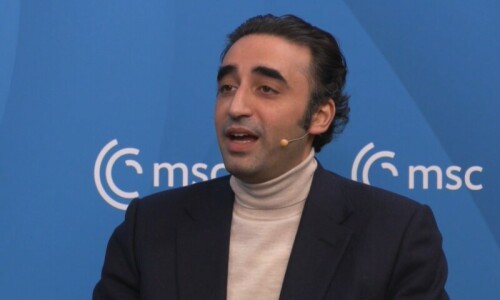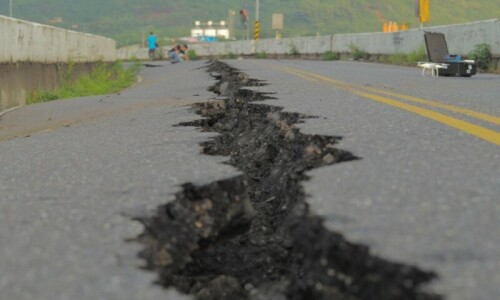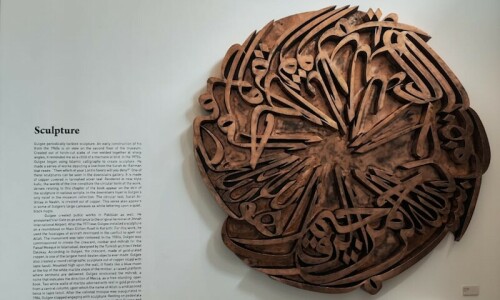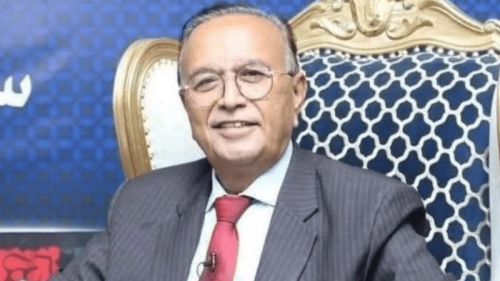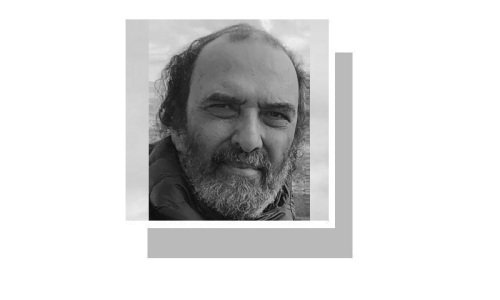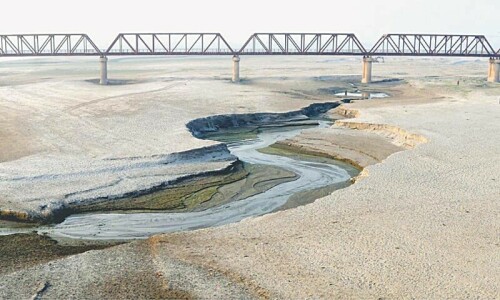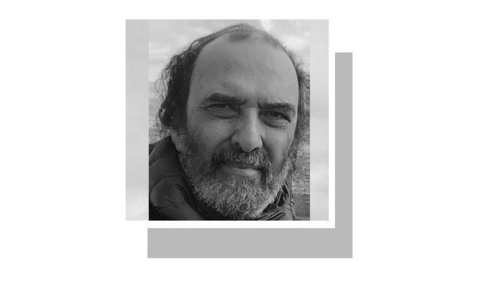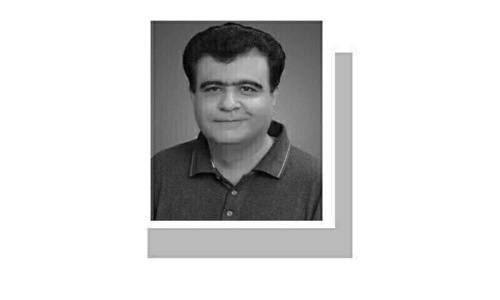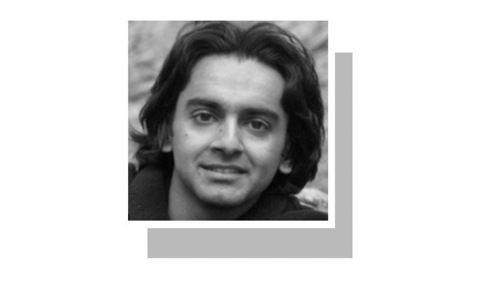SO here’s a question: in this interconnected, global and interdependent world, where can free-thinking, liberal Muslim thought-leaders and reformists live and work in peace?
They can’t do it at home. Most of the Muslim world is a mess. Muslim majority nations are either ruled by nasty autocrats, military strongmen or flawed and fragile democrats. In many places, to speak up is to find yourself dead or in prison. If you are lucky, you can go into exile.
Not for long, however. Escape routes to the West are closing fast. Islam-bashing has become the favourite sport not just for Donald Trump, the president-elect of the United States and his friends, but also among populist parties across Europe.
Rants against Islam unite members of the “populist international” on both sides of the Atlantic. And as the far right rides to victories in many Western countries in the coming months, expect the anti-Islam vitriol to get nastier.
So critical thinkers and outspoken Muslims are caught between the devil and the deep blue sea. Speak up at home and you are likely to be branded a kafir. Head for shelter abroad and you turn into a potential troublemaker or even a terrorist.
“Space for freedom of expression has been shrinking in the Muslim world,” Surin Pitsuwan, former secretary general of the Association of South East Asian Nations (Asean) told a “Forum for Muslim Democrats” held in Tokyo last week.
“Muslim intellectuals cannot pursue their examination of laws and principles at home...they have to do that outside the Muslim world,” he said, adding: “Academics have to migrate in order to do their job. Muslim Democrats feel the space for exercising their role is being limited...they cannot visualise their future.”
The Muslim world is suffering from a severe democratic deficit. Muslims long for freedom, rule of law and representative government, said Nurul Izzah, vice president of the Peoples Justice Party of Malaysia, set up by her father Anwar Ibrahim who is still in jail.
“There is confusion about how Muslims relate to democracy and to the challenge of facing extremism,” she said. Muslims have to deal simultaneously with “fanatic ideologies and kleptocratic regimes”.
The meeting, organised by the Sasakawa Foundation of Japan in cooperation with think tanks from Indonesia, Malaysia and Turkey, heard from an array of Muslims desperate to ensure political, economic and social transformation at home.
For many also, the struggle centres on efforts to reclaim their religion from the stranglehold of Wahabi interpretations of Islam.
It’s a fight that is long and difficult, said Indonesian scholar of Islam Azyumardi Azra. Unlike other countries, Indonesia is not dependent on money from Saudi Arabia, he said. “Our flowery Islam is embedded in our local culture.”
And yet, for all its traditional tolerance and openness, Indonesia faces the challenge of protecting its minorities. Amnesty International has asked the Indonesian police to immediately drop a criminal investigation into the Jakarta’s governor for alleged blasphemy.
The organisation’s call came as the Indonesian police named Basuki Tjahaja Purnama, the governor of Jakarta who is better known as ‘Ahok’, as a suspect in a blasphemy complaint filed by some religious groups. Ahok, a Christian, is the first member of Indonesia’s ethnic Chinese community to be elected governor of Jakarta.
“By carrying out a criminal investigation and naming Ahok as a suspect, the authorities have shown they are more worried about hard-line religious groups than respecting and protecting human rights for all,” said Rafendi Djamin, Amnesty International’s Director for Southeast Asia and the Pacific.
The announcement of the police investigation comes after more than 100,000 people demonstrated against Ahok earlier this month, calling on the police to charge him with defamation of Islam. They also called for voters to not re-elect him next year for these purported comments.
Ahok has denied making any defamatory remarks. He is currently barred from leaving the country and could face up to five years in prison if he is ultimately charged and convicted.
What happens in Indonesia is especially relevant given the country’s reputation as a role model for other Muslim countries.
Muslim reformists and intellectuals could once find shelter and asylum in the West. And while many have benefited from such protection and continue to do so, far-right extremist groups in the US and Europe are making clear that Islam is their new enemy.
There is talk of a plan for the incoming US administration to impose sweeping Islamophobic policies, including the revival and expansion of a Bush-era Muslim registry, as well as forced interrogations and ideological screenings of immigrants “regarding support for Sharia law”.
With far-right parties in Europe set to gain more traction in the coming months — perhaps even winning elections in the Netherlands and France — the welcome for Muslims will wear even thinner in Europe.
Egyptian former member of parliament Abdul Mawgoud Dardery voiced disappointment at the West’s lack of support to Mohamed Morsi, the democratically elected president of Egypt who was overthrown in a military coup by Abdel Fattah al-Sisi. “We feel betrayed by the US and Europe,” he said.
But such “betrayals” are likely to become the norm. Sisi was among the first world leaders to congratulate Trump. Both men share a disdain for human rights and have no qualms about using torture against terrorists. Europe’s populists can be expected to be just as indifferent to the plight of foreign human rights defenders and democrats.
As Surin underlined, “Muslim democrats have to face a dual challenge: to fight extremism in our midst and Islamophobia outside.”
—The writer is Dawn’s correspondent in Brussels
Published in Dawn, November 26th, 2016



















